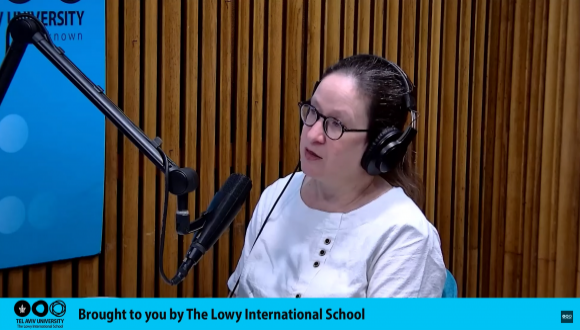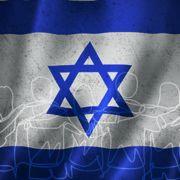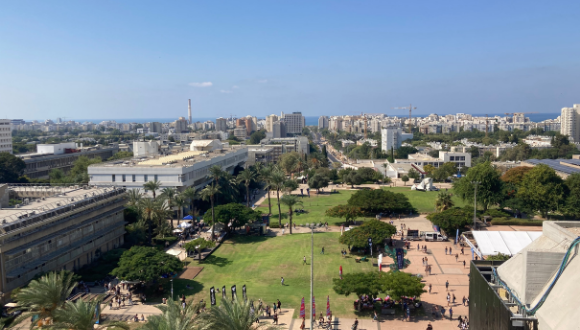To Fight Antisemitism, We Must Understand It
TAU historian discusses modern-day antisemitism and anti-Jewish violence
In the aftermath of October 7th, there has been a sharp increase in antisemitic acts and incidents both in cities and on university campuses. In the latest episode of the Lowy International School podcast, The Global Connection, our guests engaged in a conversation exploring the meaning of antisemitism, its historical and political contexts, and the current surge in anti-Jewish violence worldwide.
Maria Ellul, an international student and member of the Tel Aviv University (TAU) task force fighting disinformation, talked to TAU historian Professor Havi Dreifuss, who heads the Center for Research on the Holocaust in Poland at Yad Vashem’s International Institute for Holocaust Research.
Reckoning with Antisemitism Today
According to Prof Dreifuss, while the term ‘antisemitism’ itself is quite modern, hatred and violence towards Jews have always been part of the history of the Jewish people.
"For a long time, some of us thought that antisemitism is a problem of the past – that there are many other kinds of hatred which are much more problematic."
The sight of swastikas that have appeared in the streets lately has become especially terrifying for those accustomed to living peacefully in their communities around the world.
Another blind spot for many people for years was that words bring actions, so when people say they want to attack Jews, they might really attack them and they do. Prof. Dreifuss underlines how important it is to remember that Jews might be the first target but the struggle is in fact much bigger.
"Words are dangerous and when words become acts it is not only Jews who should be alerted, but whoever sees himself as part of the western society with liberal values, equality, rights of women and rights of homosexuals, and rights of human beings."
At the same time, on social media, antisemitism is nothing new, nor are the attempts to equate Israel or Jews or Zionism with Nazi Germany. However, in the past few weeks, this kind of rhetoric has increased exponentially, with the surge in modern leftwing antisemitism, reminiscent of that in communist Russia, along with Islamic antisemitism.
Dealing with Hate Speech
Talking about the infamous slogan 'From the River to the Sea', Prof. Dreifuss stressed that it does not refer to criticism of Israel or aspirations of the Palestinians, but much rather to a direct call for a genocidal plan regarding Jews, meaning that an Israeli or a Jewish homeland cannot exist. “Such calls have become so popular, especially on elite campuses, that it became legitimate to attack Jews, any Jews, and not only Israelis.”
"If somebody had changed the term to any other minority group, it would have been seen as inadmissible, but somehow referring to Jews is something that universities and their leaders are willing to tolerate, and this is very problematic."
Many people do not fully understand what exactly is happening in the Middle East, which makes the whole discussion of the situation very shallow, but also enables bringing together many different views.
"Many of those people will not agree on almost anything except the hatred of Jews, so the symbols help them to unite and to speak in a language of hate."
Prof Dreifuss believes that the future of humanity and liberalism hinges on the decrease of antisemitism. Addressing this issue will require considerable time, involving not only educational efforts but also a range of steps by individuals, societies, universities, schools, and others. She emphasizes the importance of analyzing and understanding this complicated phenomenon.
Listen to the full podcast on YouTube.





